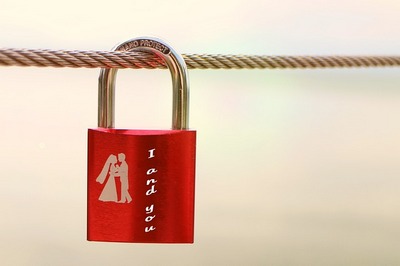Books Unplugged
 I read a book the other day. There’s nothing so special about that except that it wasn’t back-lit. It wasn’t downloaded nor did it need recharging. The book was Artemis Fowl by Eoin Colfer. It was a YA (young adult) page-turner; one that prompted me to look for additional books in the Fowl series.
I read a book the other day. There’s nothing so special about that except that it wasn’t back-lit. It wasn’t downloaded nor did it need recharging. The book was Artemis Fowl by Eoin Colfer. It was a YA (young adult) page-turner; one that prompted me to look for additional books in the Fowl series.
I found Mr. Fowl in my local library. It was in the ‘books for sale’ section. I purchased the hardbound edition with the metallic dust jacket for $1.
Nostalgia Over Traditional Books
Often when paper books are compared with ebooks, a certain amount on nostalgia goes into the reflection of paper books as though they have met their demise. People talk about the smell of ink and paper, the tactile feel of the a hardback as compared to a paperback book. It’s a constant reminder of a journey we took with the author whenever we see the spine sandwiched on a shelf or the cover on a coffee table. It’s tough to turn loose of when we loan a book to a friend even though we want them to enjoy it as we did. When (if) it’s returned, we breathe a sigh of relief. We dog-ear pages, highlight passages, mark them with notes and set reminders of where we left off and where to begin again with tall narrow cards, some even laminated, but many with prose, wise or witty sayings. These narrow cards, aka: bookmarks are sometimes decorated with tranquil scenery or beautiful flowers. If your book is very special, it might have a ribbon attached to the spine, one that you can gently twirl over your fingers while you ponder what you’ve just read. If you’re a student, you can put the book under your pillow at night to reinforce your memory. Try that with an iPad and you might find Angry Birds playing in your head at test time.
Downsides to Traditional Books
Before you get all weepy-eyed over books unplugged, consider what you hold in your hands. Trees where birds raised their young were sacrificed for your reading pleasure. Pollution emitting presses squirting barrows of petroleum-based inks were used to make your book. Giant warehouses were built to store your book until it was shipped over land and sea, just to sit on a shelf in a bookstore until you dropped in to claim it.
What about those library books? How many hands have handled it, and where have those hands been?
Many good and bad things can be said about electronic books, but I’ll save that for another day. The bottom line to it all is that it’s not the container that matters most, but the content.
